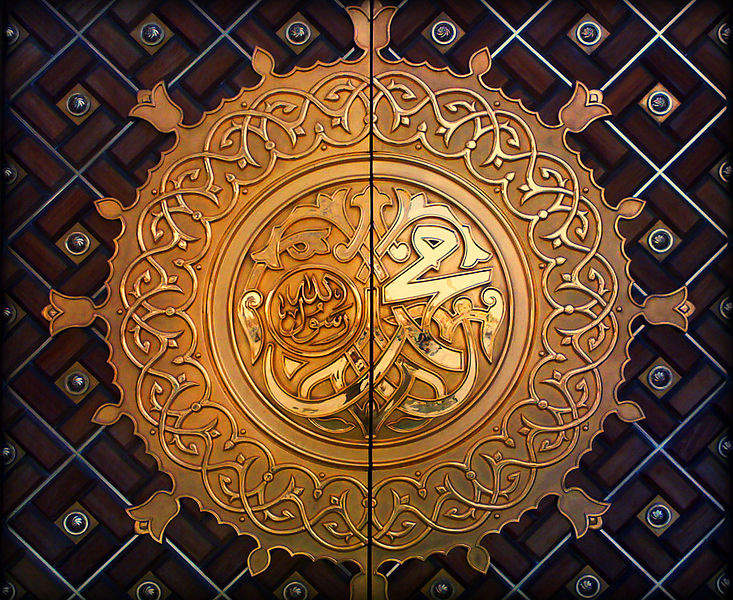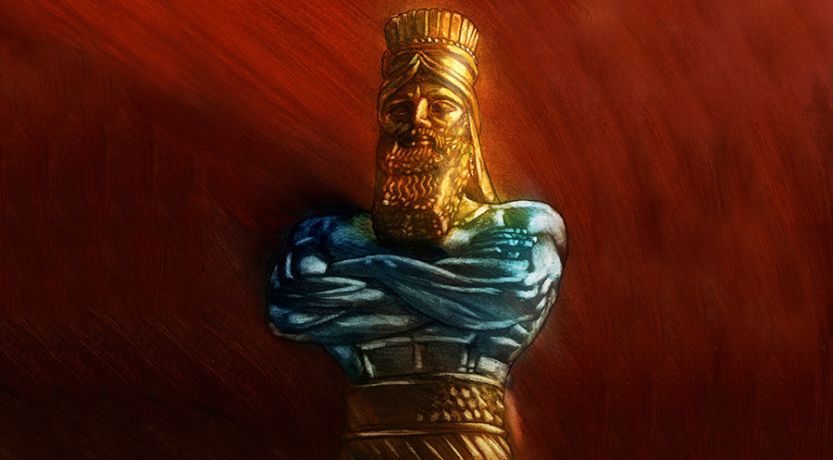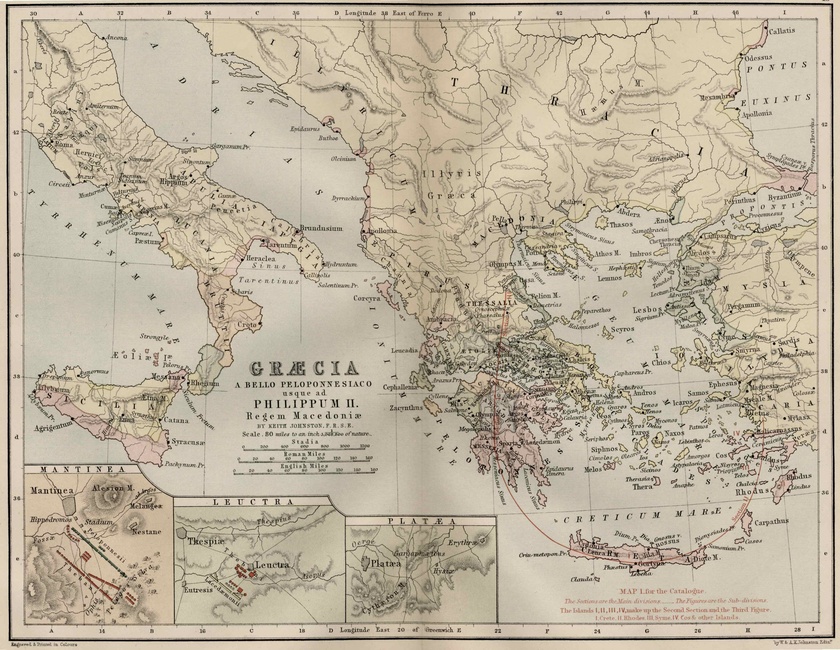
A Review of, Muhammad: Islām—The Way to God by Submission,
Mankind’s Search for God (sh chap. 12 pp. 284-305, 2019)
Background: Muḥammad’s Calling
6. (a) What was the focal point of Arab worship in Muḥammad’s time? (b) What tradition existed regarding the Kaʽbah?
6 Muḥammad was born in Mecca (Arabic, Makkah), Saudi Arabia, about 570 C.E. His father, ʽAbd Allāh, died before Muḥammad’s birth. His mother, Āminah, died when he was about six years old. At that time the Arabs practiced a form of worship of Allāh that was centered in the Mecca valley, at the sacred site of the Kaʽbah, a simple cubelike building where a black meteorite was revered. According to Islāmic tradition, “the Kaʽbah was originally built by Adam according to a celestial prototype and after the Deluge rebuilt by Abraham and Ishmael.” (History of the Arabs, by Philip K. Hitti)
Revelation of the Qurʼān
9. What is said to have been Muḥammad’s first revelation? (Compare Revelation 22:18, 19.)
9 What is said to have been the first revelation received by Muḥammad? Islāmic authorities generally agree that it was the first five verses of surah 96, entitled Al-‘Alaq, “The Clot [of Blood],” which reads:
“In the name of Allah, the Beneficent, the Merciful.
Read: In the name of thy Lord who created.
Created man from a clot.
Read: And thy Lord is the Most Bounteous,
Who taught by the pen,
Taught man that which he knew not.”—MMP.
10-12. How was the Qurʼān preserved?
10 According to the Arabic source The Book of Revelation, Muḥammad answered, “I do not know how to read.” Therefore, he had to memorize the revelations so that he could repeat and recite them. The Arabs were skilled in the use of memory, and Muḥammad was no exception. How long did it take for him to receive the complete message of the Qurʼān? It is generally believed that the revelations came during a period of some 20 to 23 years, from about 610 C.E. to his death in 632 C.E.
Muḥammad’s Death Leads to Division
17. What great problem faced Islām on the death of Muḥammad?
17 The prophet’s death provoked a crisis. He died without any male progeny and without a clearly designated successor. As Philip Hitti states: “The caliphate [office of caliph] is therefore the oldest problem Islam had to face. It is still a living issue. . . . In the words of Muslim historian al-Shahrastāni [1086-1153]: ‘Never was there an Islamic issue which brought about more bloodshed than the caliphate (imāmah).’” How was the problem solved back there in 632 C.E.? “Abu-Bakr . . . was designated (June 8, 632) Muḥammad’s successor by some form of election in which those leaders present at the capital, al-Madīnah, took part.”—History of the Arabs.
18, 19. What claims divide the Sunnī from the Shīʽite Muslims?
18 The successor to the prophet would be a ruler, a khalīfah, or caliph. However, the question of the true successors to Muḥammad became a cause for divisions in the ranks of Islām.
Regarding Muhammad's Actual Death, see: https://quranx.com/Hadith/Bukhari/USC-MSA/Volume-5/Book-59/Hadith-730/
https://quranx.com/Hadith/Bukhari/USC-MSA/Volume-5/Book-59/Hadith-730/
The Sunnī Muslims accept the principle of elective office rather than blood descent from the prophet.
Therefore they believe that the first three caliphs, Abū Bakr (Muḥammad’s father-in-law), ʽUmar (the prophet’s adviser), and ʽUthmān (the prophet’s son-in-law), were the legitimate successors to Muḥammad.
19 That claim is contested by the Shīʽite Muslims,
who say that the true leadership comes through the prophet’s blood line and through his cousin and son-in-law, ʽAlī ibn Abī Ṭālib, the first imām (leader and successor), who married Muḥammad’s favorite daughter, Fāṭimah. Their marriage produced Muḥammad’s grandsons Ḥasan and Ḥusayn. The Shīʽites also claim “that from the beginning Allah and His Prophet had clearly designated ʽAli as the only legitimate successor but that the first three caliphs had cheated him out of his rightful office.” (History of the Arabs) Of course, the Sunnī Muslims view that differently.
20. What happened to Muḥammad’s son-in-law ʽAlī?
20 What happened to ʽAlī? During his rule as the fourth caliph (656-661 C.E.), a struggle over leadership arose between him and the governor of Syria, Muʽāwiyah. They joined battle, and then to spare further Muslim bloodshed, they threw their dispute open to arbitration. ʽAlī’s acceptance of arbitration weakened his case and alienated many of his followers, including the Khawārij (Seceders), who became his deadly foes. In the year 661 C.E., ʽAlī was murdered with a poisoned sabre by a Khārijī zealot. The two groups (the Sunnī and the Shīʽah) were at loggerheads.
"Shīʽite Muslims have received much publicity because of their zeal for Islāmic causes. However, they represent only about 20 percent of the world’s Muslims, the majority being Sunnī Muslims."
God Is Supreme, Not Jesus
23, 24. How did Muḥammad and the Muslims view Judaism and Christianity?
23 The three major monotheistic religions of the world are Judaism, Christianity, and Islām. But by the time Muḥammad appeared toward the beginning of the seventh century C.E., the first two religions, as far as he was concerned, had wandered from the path of truth. In fact, according to some Islāmic commentators, the Qurʼān implies rejection of Jews and of Christians in stating: “Not (the path) of those who earn Thine anger nor of those who go astray.” (Surah 1:7, MMP) Why is that?
24 A Qurʼānic commentary states: “The People of the Book went wrong: The Jews in breaking their Covenant, and slandering Mary and Jesus . . . and the Christians in raising Jesus the Apostle to equality with God” by means of the Trinity doctrine.—Surah 4:153-176, AYA.
25 The principal teaching of Islām, for utter simplicity, is what is known as the shahādah, or confession of faith, which every Muslim knows by heart:
- “La ilāh illa Allāh; Muḥammad rasūl Allāh” (No god but Allah; Muḥammad is the messenger of Allah).
- This agrees with the Qurʼānic expression, “Your God is One God; there is no God save Him, the Beneficent, the Merciful.” (Surah 2:163, MMP)
- This thought was stated 2,000 years earlier with the ancient call to Israel: “Listen, O Israel: Jehovah our God is one Jehovah.”
- (Deuteronomy 6:4) Jesus repeated this foremost command, which is recorded at Mark 12:29, about 600 years before Muḥammad, and nowhere did Jesus claim to be God or to be equal to Him.—Mark 13:32; John 14:28; 1 Corinthians 15:28.
Conflict With and Within Christendom
35. In times past, what situation existed between Islām and Catholicism?
35 Beginning in the seventh century, Islām spread westward into North Africa, eastward to Pakistan, India, and Bangladesh, and down to Indonesia. As it did so, it entered into conflict with a militant Catholic Church, which organized Crusades to recover the Holy Land from the Muslims. In 1492 Queen Isabella and King Ferdinand of Spain completed the Catholic reconquest of Spain. Muslims and Jews had to convert or be expelled from Spain. The mutual tolerance that had existed under Muslim rule in Spain later evaporated under the influence of the Catholic Inquisition.
The Qurʼān and the Bible https://wol.jw.org/en/wol/d/r1/lp-e/1101990044
“Almost all the historical narratives of the Koran have their biblical parallels . . . Adam, Noah, Abraham (mentioned about seventy times in twenty-five different sūrahs and having his name as a title for sūrah 14), Ishmael, Lot, Joseph (to whom sūrah 12 is dedicated), Moses (whose name occurs in thirty-four different sūrahs), Saul, David, Solomon, Elijah, Job and Jonah (whose name sūrah 10 bears) figure prominently. The story of the creation and fall of Adam is cited five times, the flood eight and Sodom eight. In fact the Koran shows more parallelism to the Pentateuch than to any other part of the Bible. . . .
Sources: JW.org Mankind’s Search for God (sh chap. 12 pp. 284-305) Islām—The Way to God by Submission https://wol.jw.org/en/wol/d/r1/lp-e/1101990044?q=Muhammad&p=par
Generally accepted information, WIKI https://en.wikipedia.org/wiki/Muhammad_in_Islam
Special Thanks to JW.org https://www.jw.org/finder?wtlocale=E&docid=1101990030&srctype=wol&srcid=share&par=1

























